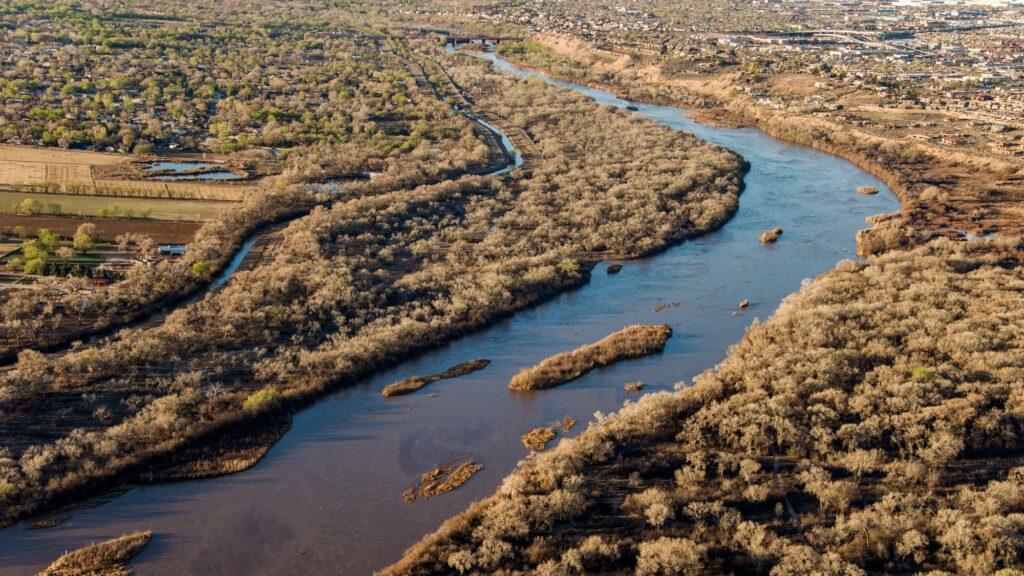The current situation between the US and Mexico stems from the 1944 treaty whereby both countries agreed to share water from the Rio Grande and the Colorado River to support citizens across the border.

In recent years, climate change has resulted in increased temperatures and, consequently, the drying up of rivers. Coupled with other factors such as population growth and lack of infrastructure, the water situation has worsened in Mexico since more water is being used yet it is scarce. Since 2011, the country has experienced drought which has affected 90% of the nation. This problem points to the ‘water war’.
According to the treaty, Mexico is required to send 1.75 million acre-feet of water to the US every five years from the Rio Grande, and the US to send 1.5 million acre-feet of water to Mexico from the Colorado River each year. However, it is now the fourth year in the current five year cycle and Mexico has only sent about 30% of its total deliverables. The Amistad and Falcon reservoirs have recorded low water levels in June this year.
Tensions arise as industries such as citrus and sugarcane rely on the water Mexico sends into the US. Unfortunately, in Texas, the state’s only sugar mill shut down in February after 50 years of operation, leaving over 500 people unemployed. The owners of the mill blame Mexico for not sending their portion of water on time. Some Texas leaders are calling upon the Biden administration to withhold any form of aid until Mexico pays its dues.
The dilemma of navigating the sharing of scarce water resources amidst global warming remains. According to scientists, it is possible that both countries could experience another long, hot summer. Worse even, is the possibility of Mexico heading towards ‘day 0’ where water will completely dry up.
According to Maria Giner, the US commissioner of the International Boundary and Water Commission, the bi-national body that oversees the treaty, stated that something changed from the 1990s and there was less water coming into the river. The authorities in Mexico state that they cannot give something that is not there, but the US demands their water. This begs the reevaluation of the treaty as it was created when climate change was not a major factor as it is now.
In October, the president elect, Claudia Sheinbaum, will assume office and given her background in environmental engineering, there is hope in taking the right steps forward to resolve this war and have better mitigation strategies.

